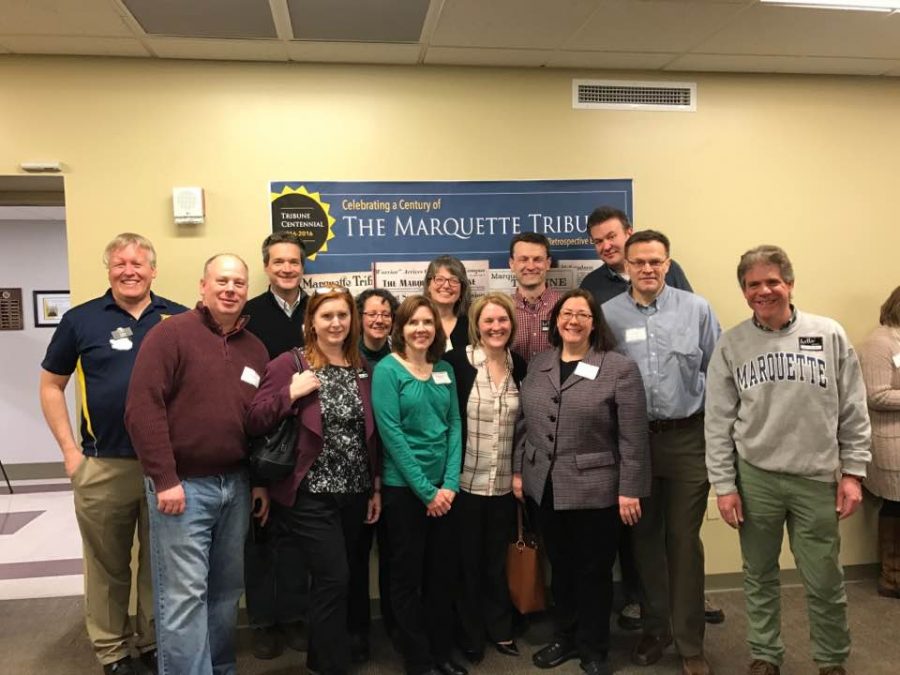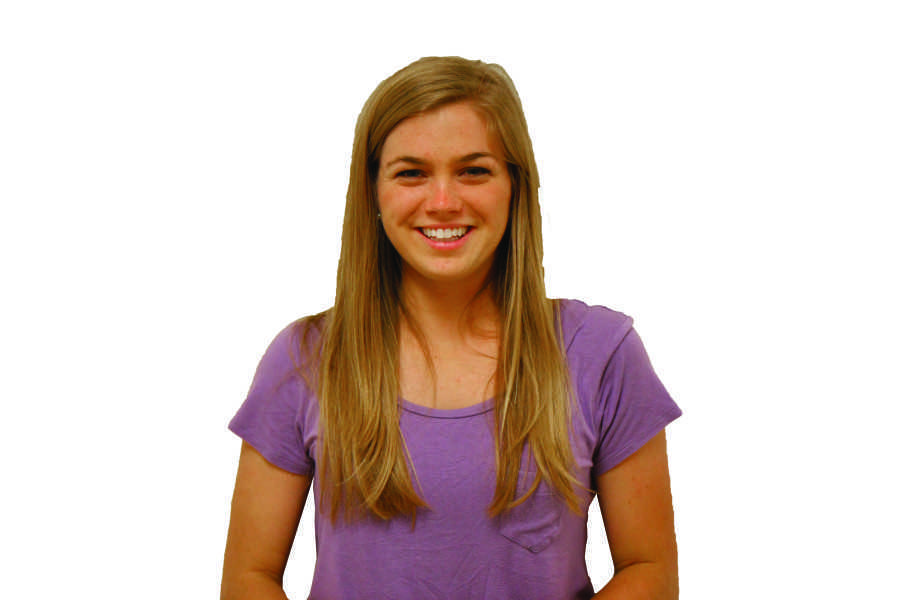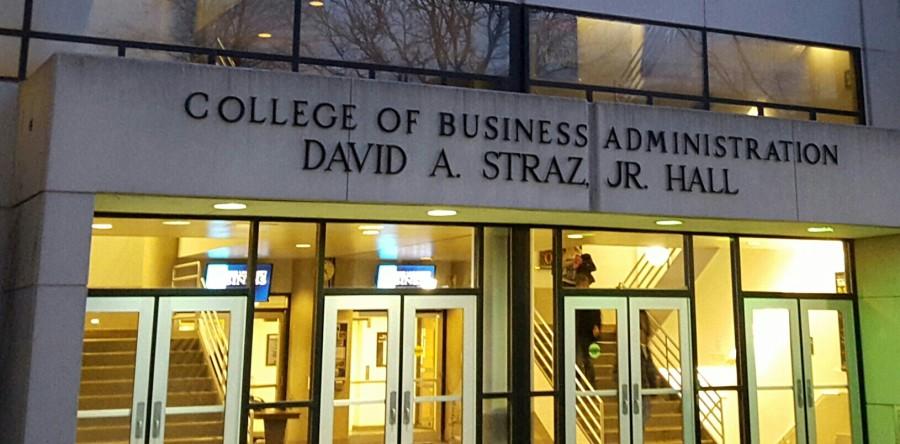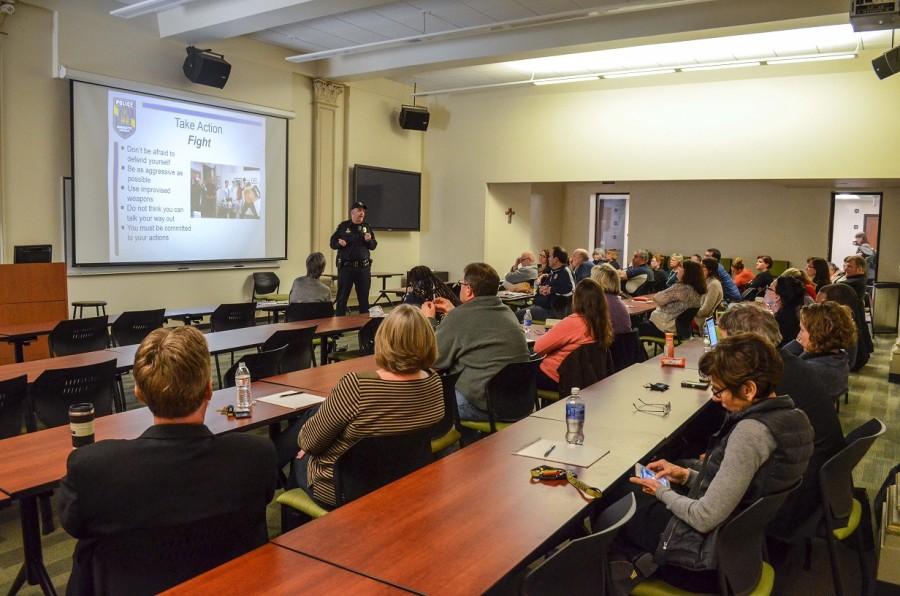Deck: User endorsements to be included in corporate sales pitches
Facebook’s newest feature, Sponsored Stories, was designed to build excitement about brands by integrating user content with advertising. Some users, however, are already wishing they could click “dislike.”
Sponsored Stories takes advantage of Facebook’s “tag” and “check-in” features, which can be used to comment on restaurants and other businesses, by pulling content from those statuses and including it in advertising for the tagged company.
This feature takes word-of-mouth marketing viral, said Linda Menck, a professional in residence in the College of Communication, in an e-mail.
“Facebook is harnessing the power of two very effective ways of building ‘under the radar’ brand loyalty … storytelling and word-of-mouth brand advocacy,” Menck said. “Let’s face it, more and more we mistrust and tune out traditional advertising messages, and that is nothing new.”
Menck said the Internet has become a viable outlet for consumer advice.
“Today, the majority of consumers that want product purchase insight or advice turn to friends, family or like-minded complete strangers that take the time to share their opinions in online forums,” Menck said.
But some are irritated by Facebook’s secrecy about Sponsored Stories and other features, and the fact that users cannot opt out of them.
Erik Ugland, an associate professor of broadcast and electronic communication and an associate dean for graduate studies and research, said in an e-mail the lack of transparency is an issue with producing such features.
“The problem with Facebook is not that they use private data for marketing purposes; it is that they never engage in full disclosure,” Ugland said. “They make these radical policy shifts or roll out new marketing tools without letting people know, and without letting them opt out. It’s the secrecy, more than anything, that annoys and angers people.”
With that said, Sponsored Stories would only be visible to friends of those whose content is used. Facebook argues that the content would already show up in those users’ news feeds anyway.
But Ugland said the feature still could hurt both Facebook and the advertisers who choose to use it.
“Just because you use, like or recommend a product does not mean you authorize the company to make you its spokesperson without your consent,” Ugland said. “If I ran a business, I would be very reluctant to use this service, at least until more is known about how it is perceived by Facebook users. If there is a backlash from subscribers, it could hurt the companies as much or more than it hurts Facebook.”
Menck said regardless of its public perception, the move will likely be beneficial in the long run.
“Everything innovative and daring Facebook does invites lawsuits,” she said. “The folks of Facebook didn’t revolutionize the way we communicate by worrying about lawsuits.”
Facebook users should not be surprised by the new feature, said Ryan Knott, a freshman in the College of Arts & Sciences.
“Well, you’re kind of asking for it,” Knott said. “You’re doing your own advertising if you include Starbucks in your status anyway. In a way, it’s dumb that Starbucks is paying Facebook to do what users are doing anyway.”
Some say the new feature simply won’t affect them much at all.
“It sounds kind of irrelevant to me because I’m not one of those people who’s like, ‘I am now at Starbucks having a mocha. LOL,’” said Hari Prasad, a freshman in the College of Arts & Sciences. “I mean come on, do you seriously want to let people know what you’re doing every single second of the day?”








